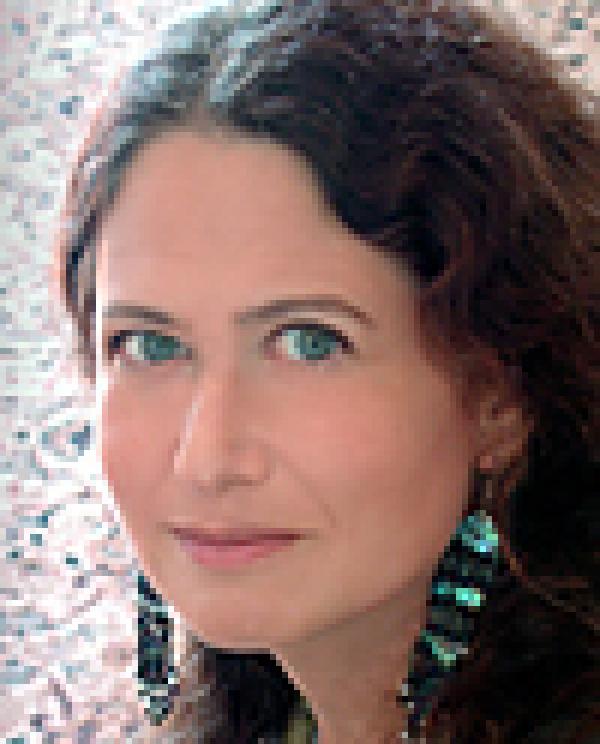Jane Hirshfield

Bio
Jane Hirshfield's sixth book of poetry, After, will appear from HarperCollins in February 2006. Previous books have received the California Book Award, the Poetry Center Book Award, and finalist selection for the National Book Critics Circle Award. She has received fellowships from the Guggenheim and Rockefeller foundations as well as the Academy of American Poets' Fellowship for Distinguished Writing, previously held by Robert Frost, Elizabeth Bishop, W.C. Williams, Robinson Jeffers, and Ezra Pound. Her work appears in multiple editions of The Best American Poetry and Pushcart Prize anthologies and in such periodicals as The Atlantic Monthly, The New Yorker, The American Poetry Review, Threepenny Review, and Poetry. Her other books include a collection of essays, Nine Gates: Entering the Mind of Poetry, and three volumes collecting the work of women poets from the past.
Photo by Nick Rosza
Author's Statement
My experience of this fellowship from the NEA is that it feels above all a gesture of optimism--not a reward for past work, but an invitation to the new. The fellowship arrived at a hinge-time for me: just in time to assist with the last few poems and work of revision on a new book (After, HarperCollins, 2006) and then to carry me into the first poems arriving, so to speak, after After.
The work following a book's completion is for me always more than a little tentative, exploratory, unsure. It feels as if I must relearn to walk or to swim, must relearn who I am. Am I the writer of those poems now printed in ink that doesn't run if left out in the rain, or am I someone else, elusive and unknowable, still to be found? My hope is always for the latter. Mid-year now in the fellowship, I can say that the support the NEA offers has brought the solitude and silence in which I can ponder, write, revise, consider, range, experiment, feel, and saturate myself in the necessary freedoms out of which new words, thoughts, images, gestures, and musics can arise.
It's exceedingly rare, I find, that the outside world ever says to a poet, "Please, would you write now for a while?" Such a request knits a solitary person into the fabric of the whole, with a support that is more than simply financial. Such a request cannot help but make a difference to the conversation an individual joins into when prospecting for poems. At least I feel it to be so.
The Bell Zygmunt
For fertility, a new bride is lifted to touch it with her left hand,
or possibly kiss it.
The sound close in, my friend told me later, is almost silent.
At ten kilometers, even those who have never heard it know what it is.
If you stand near during thunder, she said,
you will hear a reply.
Six weeks and six days from the phone's small ringing,
replying was over.
She who cooked lamb and loved wine and wild mushroom pastas.
She who when I saw her last was silent as the great Zygmunt mostly is,
a ventilator's clapper between her dry lips.
Because I could, I spoke. She laid her palm on my cheek to answer.
And soon again, to say it was time to leave.
I put my lips near the place a tube went into
the back of one hand.
The kiss - as if it knew what I did not yet - both full and formal.
As one would kiss the ring of a cardinal, or the rim
of that cold iron bell, whose speech can mean "Great joy,"
or - equally - "The city is burning. Come.”

